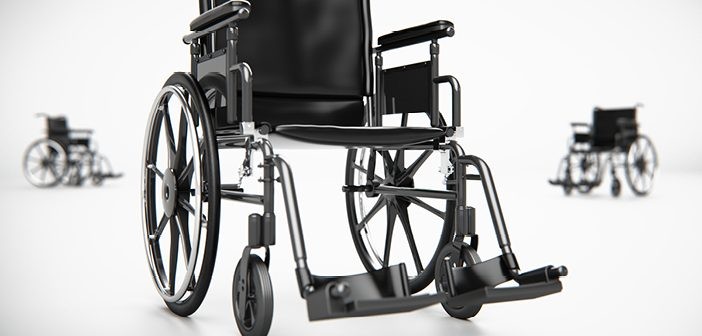
Does Anesthesia Invalidate Fasting?
Does anesthesia invalidate fasting?
Anesthesia means to prevent pain by cutting transfer on motortracts at different levels. There are three kinds of anesthesia: local, regional, and general. Local anesthesia (restricted narcotization) is the one performed by injecting medication to the near circle of the place to be operated to prevent pain transmittance at minor operations. Regional anesthesia is the one performed by injecting medication to spinal cord or connection points created by a wide nerve group without reaching to spinal cord to prevent pain transmittance at the level of spinal cord for wider parts of the body. If the patient is put in a sleep-like state and the pain is prevented at the level of brain, this type is called as general anesthesia.
Anesthesia is performed by giving medication to the body through air passage or injection. Anesthesia through air passage or injection does not reach stomach nor is it considered as eating or drinking. However, in regional and general anesthesia, vascular access is established to inject medicament or liquid in case of emergency, and this access is kept open to transfuse as long as the operation is on. In this regard, local anesthesia does not hinder fasting. But fasting is invalidated in regional and general anesthesia because of transfusing. (Decision by HBRA dated 22.09.2005; see. Marghinani, al-Hidayah, II, 263-264, Kasani, Bada’i, II, 98).
Source: Presidency Of Religious Affairs The Turkey, High Board of Religious Affairs FATWAS









